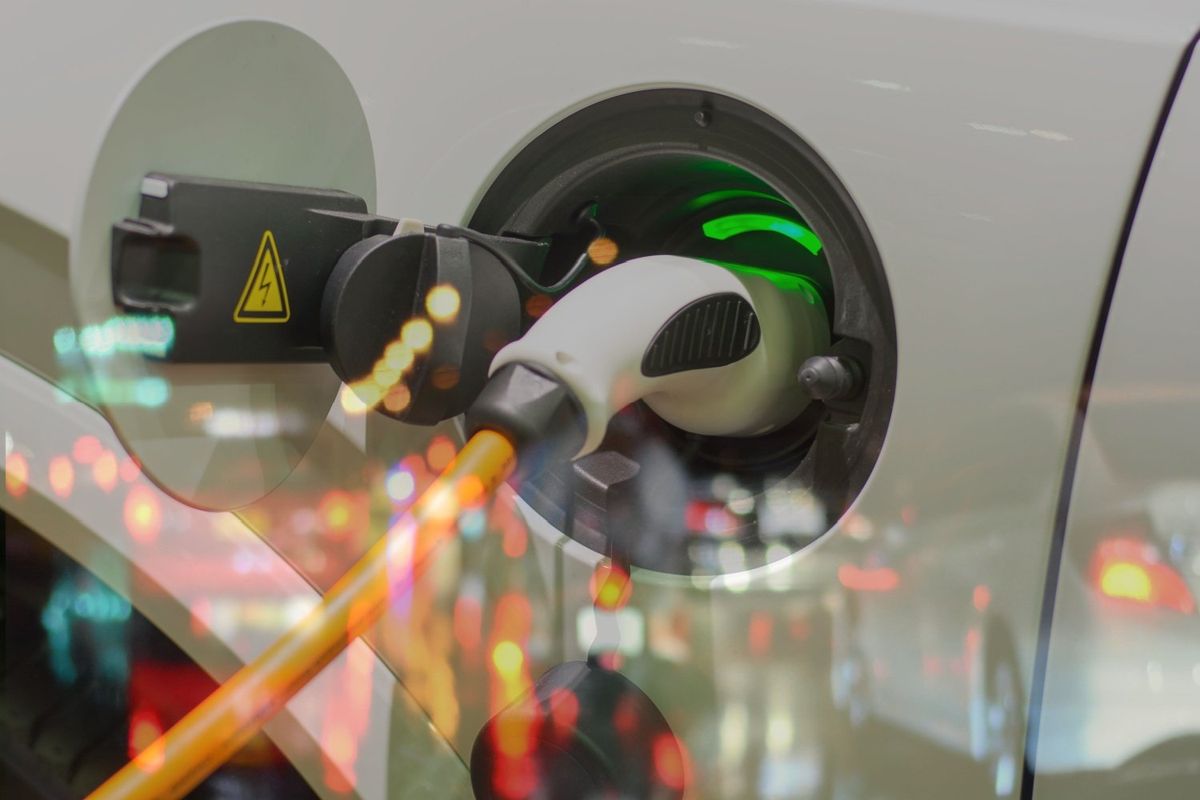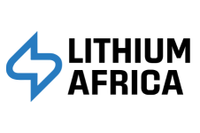Volvo's Battery Passport Seeks to Improve EV Supply Chain Accountability
The tool, which was designed by Volvo in partnership with British tech firm Circulor, is geared at ensuring responsible sourcing and improving battery sustainability.

Volvo (STO:VOLV-B) has introduced a new supply chain tracker for its line of EX90 electric SUVs
The Wall Street Journal reported on June 4 that the tracker will provide transparency about the origins of raw materials — such as lithium, cobalt and nickel — used in the Swedish carmaker's electric vehicle (EV) batteries.
Known as a "battery passport," the tracker is a digital record that contains verified information on the raw materials' origins, weight, size and chain of custody, as well as the recycled content within each battery.
The tool was designed to ensure responsible sourcing and improve battery sustainability. It was developed by Volvo together with British technology firm Circulor in response to growing ESG concerns surrounding battery components.
Starting this year, the battery passport will be available in Volvo's EX90 models in the European Union and the US.
Customers can access the battery passport through an app or a QR code located inside the vehicle. The passport makes use of Circulor’s blockchain technology to maintain a secure and transparent digital ledger.
“The purpose of the battery passport is to source more responsibly and prove you are trying to improve the sustainability of batteries,” Circulor Chief Executive Doug Johnson-Poensgen told the Wall Street Journal. “The main driver is to effectively shine a light into the deeper parts of a supply chain that were previously pretty opaque.”
The passport will also include data on the CO2 footprint of the battery pack and the percentage of recycled material used; life cycle data will be available as well to show battery health and improve battery recyclability.
Vanessa Butani, Volvo's head of global sustainability, emphasized that ensuring an ethical supply chain for battery raw materials is a key focus. “By providing our electrified Volvo cars with an individual battery passport, we boost transparency around the origin of the materials used in our batteries and how we manage their entire life cycle,” she noted.
EV batteries increasingly driving raw material demand
The International Energy Agency's Global EV Outlook 2024 highlights the extent to which the EV market is expanding and by extension driving demand for metals like lithium, cobalt and nickel.
According to the organization, EV battery demand surpassed 750 gigawatt hours in 2023, marking a 40 percent rise compared to 2022, although growth decelerated slightly compared to the 2021 to 2022 period.
Looking at raw materials, around 140,000 metric tons (MT) of lithium were required for battery production in 2023, accounting for 85 percent of total lithium demand and marking a 30 percent increase from the previous year.
Similarly, cobalt demand for batteries rose to 150,000 MT last year, making up 70 percent of the total demand and reflecting a 15 percent increase. Nickel demand for battery production, while representing a smaller portion of overall demand, reached nearly 370,000 MT in 2023, showing an increase of almost 30 percent from 2022.
Volvo and others are looking to combat the ESG issues associated with mining these materials.
For instance, a large portion of the world's cobalt supply comes from the Democratic Republic of Congo, where artisanal mining practices can involve child labor and unsafe working conditions.
Lithium mining, primarily in South America, has raised concerns about water usage and environmental degradation. Nickel mining, widespread in countries like Indonesia and the Philippines, has also been linked to ecological damage.
Andy Leyland, co-founder of battery analysis firm SC Insights, noted that transparency in supply chains is crucial for both consumers and governments to ensure responsible sourcing of materials and components.
"Transparency is crucial for supply chains associated with the energy transition," he told the Wall Street Journal. "Both consumers and governments want to know that materials and components are sourced responsibly."
Don't forget to follow us @INN_Resource for real-time updates!
Securities Disclosure: I, Giann Liguid, hold no direct investment interest in any company mentioned in this article.
- Electric Vehicle Stocks: 10 Biggest Companies in 2024 ›
- Electric Vehicle Market Forecast: Top Trends that Will Affect Electric Vehicles in 2024 ›





